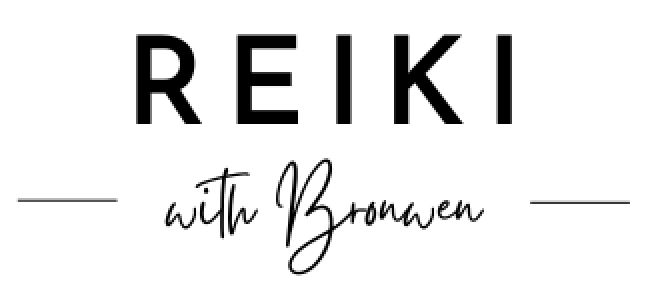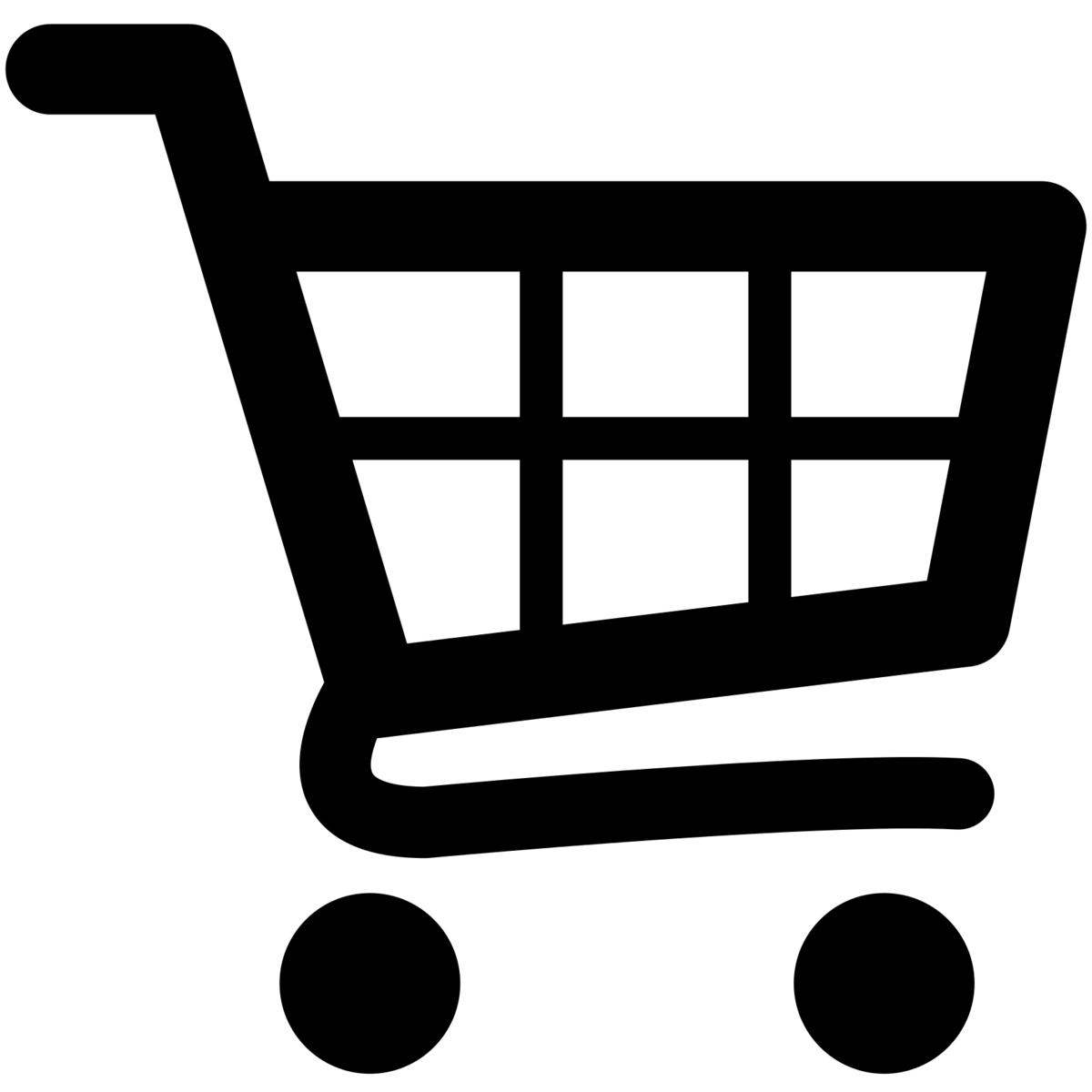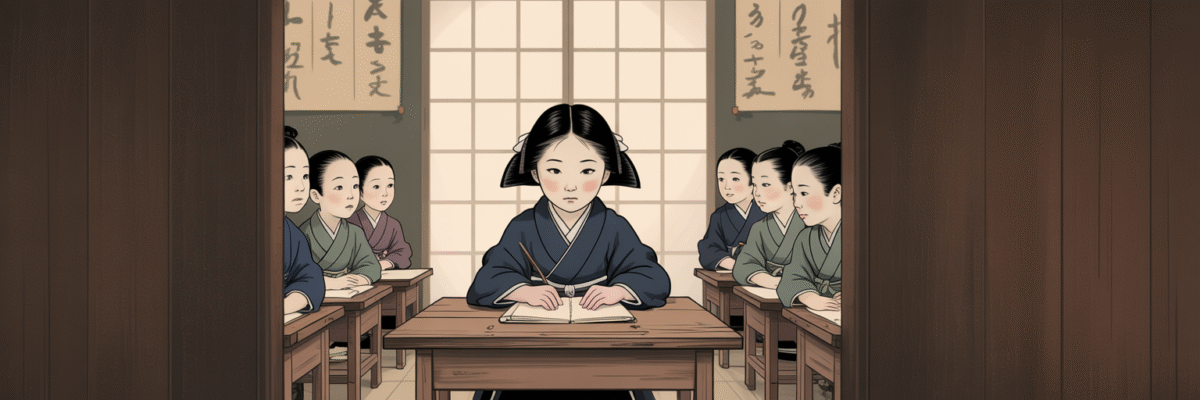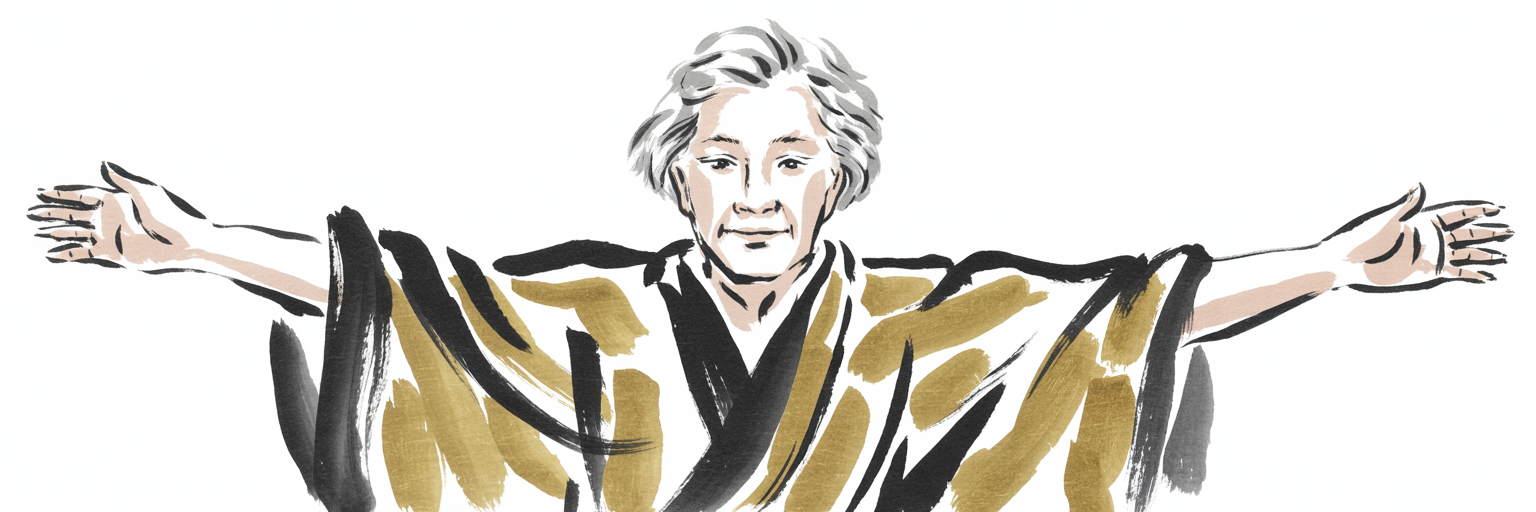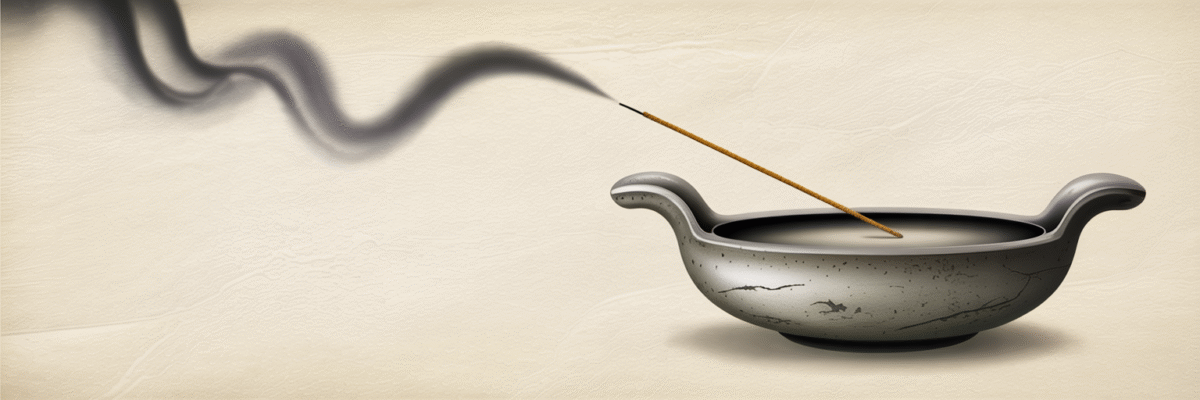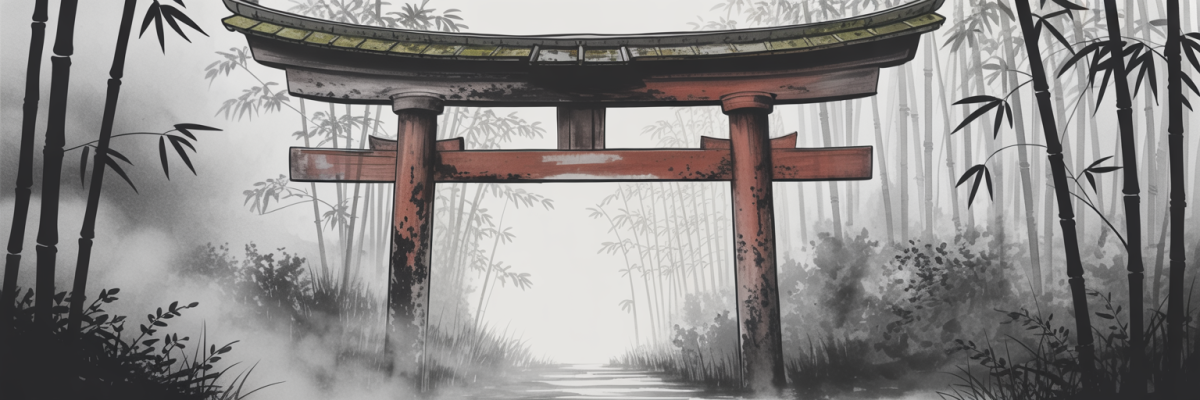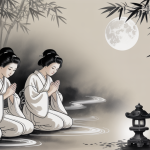
The Case for Japanese Poetry in Reiki Today
June 16, 2025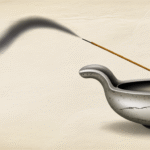
Can Bronwen Answer your Reiki Question in 60 Seconds or Less?
September 15, 2025I moved schools seven times before I finished high school. Seven different first days, seven sets of new faces looking at me, wondering who I was. I had no idea who I was. Each time, I would try to be whatever seemed the safest (what if they didn’t like me?) and the most pleasing version of a person called Bronwen.
What I also didn’t know was that that scanning-the-room-for-a-friendly-face feeling would follow me through life. It stemmed from a learned fear, and when I walked into a new Pilates class last month, I recognised a familiar old uneasiness. And I’m not eighteen anymore.
The River
In the system of Reiki, we sometimes talk about ki, or energy, flowing through us like a river. When that river flows freely, we feel connected, purposeful, alive. We are the spark of humanity that brings Heaven and Earth into balance. But life has a way of dropping pebbles into that river–worries, fears, my concern that I won’t fit in. If left to fester, pretty soon, the rushing stream becomes a trickle, and nothing feels like it’s in balance anymore.
For young people today, those pebbles aren’t just personal anxieties. For example, through our various forms of media they’re bombarded with violent imagery telling them this is normal, this is entertainment, this is life. Recently, I watched the Netflix animated musical about girl demon hunters, a film for all ages. Yes, it was fun, good strong plot, boppy music, but the first couple of minutes were pure violence. Is this what we’re showing our kids is fun, acceptable, and relatable? I remember years ago, movie producers telling the world that they did not believe that violent movies influenced violence in real life. How is that possible? Of course, what we see and hear influences us; if only that it normalises violence and whitewashes it’s consequences. Many children might not absorb the fact that real violence creates real trauma, real pain, and real broken lives. I feel that COVID-19 magnified this feeling of aloneness, of oddbodness, of digital connection without real belonging. For many today, pebbles have become boulders, and the result is an imbalance in society that we experience in devastating ways.
But it’s not just young people struggling with this. I see it in older women, especially those who’ve spent decades being the family binder—the one everyone orbits around for meals, comfort, and problem-solving. Being of service is profound, but one must first be of service to oneself. Mikao Usui, the founder of the system, said “you can’t heal others if you can’t heal yourself”. When these women suddenly ask, “Who am I when I’m not needed in that way?” the river that flowed so freely in service to others reveals it was never flowing toward their own healing; their own awareness of purpose and belonging.
The Practice That Changes Everything
Here’s what I wish I’d known during those first days in new schools: there’s a practice that connects you to something so much bigger than your circumstances, making belonging an inside job.
It’s called Joshin Kokyu Ho–literally “focusing the mind with breath.” I teach it in my Reiki classes, and it’s beautifully simple:
- Sit quietly, hands in your lap, palms up
- Breathe ki in through your nose, down to your hara in the deep belly
- On the out breath, expand that ki through your skin and out into everything around you
- Repeat for 5-30 minutes
But here’s the profound part: when you expand ki outward, you’re practicing the felt experience that you belong to the universe itself. Not to a school that might judge you, not to a friend group that might reject you, not to social media likes–to the fundamental energy that connects everything.
Building Belonging Together
This realization changed how I approach community. I’ve created a Facebook group for Reiki practitioners, run fortnightly practice groups online, host short weekly online reiju catch-ups, and organize monthly social gatherings. These gatherings are not just about practicing the system of Reiki, but about creating a supportive and inclusive community. Not because I have it all figured out, but because I finally understood something crucial: we’re all just human, with human fallibilities. Yet, everyone can belong.
These gatherings create belonging not through shared perfection, but through shared practice and shared humanity. Someone can join feeling lonely and scattered, practice that same breathing technique, and remember they’re part of something larger–not just our little Reiki community, but life itself.
The Answer Is Already Within Us
The answer to belonging isn’t finding the right people to accept us (though that’s wonderful when it happens). The answer is remembering experientially that we’re already connected to something vast and unshakeable.
When I practice Joshin Kokyu Ho now, I acknowledge my fears as they arise. Right now, I’m thinking of the younger me, and beneath my childhood worries I think what kept me going was that I instinctively knew there was a deeper connection between us. Sometimes, it’s just about getting out of the way, and that is something I’m still learning.
This isn’t positive thinking or wishful meditation. This is a daily routine that fosters a stronger sense of Reiki within oneself–an antidote to the disconnection that surrounds us.
Everyone Belongs
Whether you’re a young person trying to find your way, a parent juggling everything, or someone starting over at any age, you already belong to something magnificent that no one can take away from you. The practice just helps you remember.
Instead of starting your day with anxiety, imagine starting with five minutes of this breathing practice. Instead of ending your day scrolling for proof of your worth, imagine ending it by consciously expanding ki to touch everything around you.
The practice becomes proof, daily, experiential proof that you’re part of something bigger than any first day, any new situation, or moments of aloneness.
Because the truth is, we all need to belong. And we all already do. You are not alone in this journey of finding your place in the world. You belong, and you always have.
If you’re interested in experiencing this for yourself, you’re invited to join one of our online practice sessions. Sometimes the best way to remember you belong is to practice remembering it together.
Listen to a podcast about this subject:
